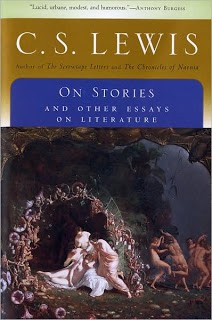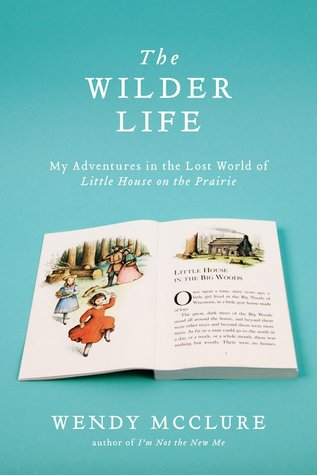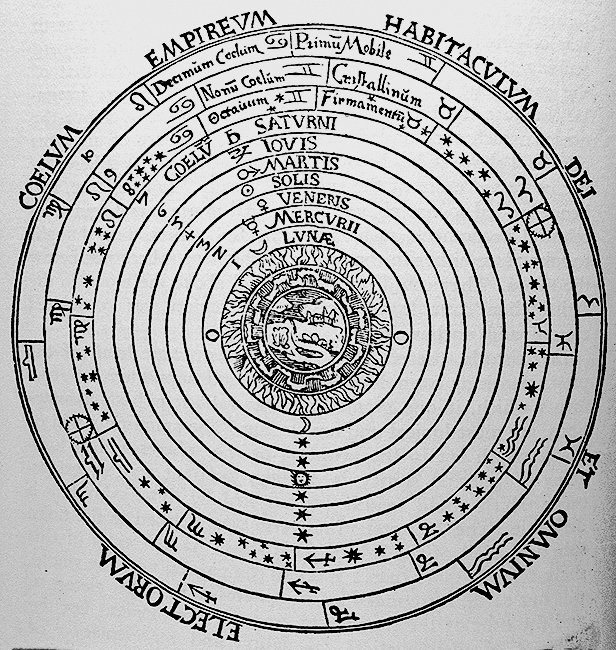On Stories — C.S. Lewis
 I’ve been thinking about the title essay of this collection. In it, C.S. Lewis ponders what we’re really after in our reading, and takes issue with the notion that there is a certain class of literature that we read purely for the excitement and suspense. He contends that the thrills of high-action, suspenseful stories can be a distraction from what we really love about them: their ability to convey us to other worlds.
I’ve been thinking about the title essay of this collection. In it, C.S. Lewis ponders what we’re really after in our reading, and takes issue with the notion that there is a certain class of literature that we read purely for the excitement and suspense. He contends that the thrills of high-action, suspenseful stories can be a distraction from what we really love about them: their ability to convey us to other worlds.
The best stories, for Lewis, are not merely plot-driven, but lay out some experience and setting accessible only through art:
To be stories at all they must be series of events: but it must be understood that this series — the plot, as we call it — is only really a net whereby to catch something else. The real theme may be, and perhaps usually is, something that has no sequence in it, something other than a process and much more like a state or quality.
I can’t help but think of Wendell Berry’s increasingly popular fictional world of Port William. Do people return to these stories again and again to find out what happens next — or for the experience of seeing the world from within the “Port William membership”? I doubt that anyone would dispute that it’s the latter.
How about Lewis’s own fictional world of Narnia? The plots of these books certainly have their share of excitement. But I think many readers fell in love with the series not just for the adventures, but for the place itself. Laura Miller writes about this.
The Little House books come to mind, and The Wilder Life as a testimony to one woman’s effort to enter literally into the experience the books create. Or Middle Earth. Or Barchester. There are so many great fictional places, each with their own “state or quality,” and when we read we have a leg in the literal and literary worlds. It’s interesting to think of both the reading and writing of such alternative realities in terms of Lewis’s provocative statement that “In life and art both, as it seems to me, we are always trying to catch in our net of successive moments something that is not successive.”



2 Comments
hopeinbrazil
Lovely post. This is something I’ve never really thought about before so I guess I’ll be adding this book to my TBR list.
Barbara H.
I’m finally getting a chance this week to catch up with my Feedly list. :-)
I think there are some books whose main interest is plot and “what happens next” – there’s not much sense of “place” in them. Though I enjoy those sometimes, I rarely reread or treasure them like I do the ones you’ve listed (though I still haven’t read Wendell Berry yet). Jan Karon’s Mitford books have that same feeling – you really wish there was a Mitford and a Father Tim and so one, and can almost picture the people in your mind.